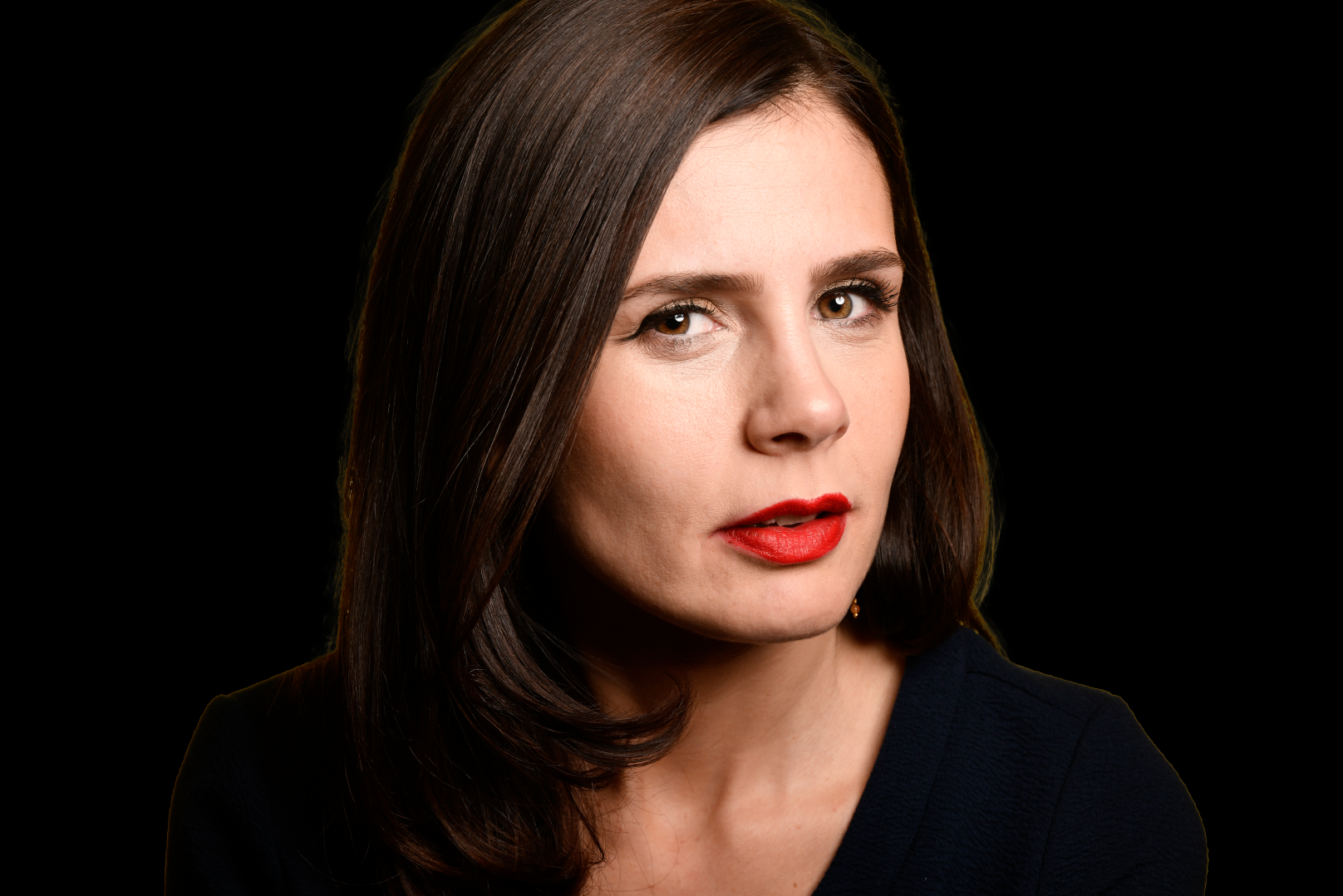
Working women and the pandemic
Covid-19, unemployment, and the challenges of the informal sector.
Women in the private sector work longer than those in the public sector, at times over 10 hours a day. They are also paid less, work weekends and during official holidays, and receive pay irregularly.
"Any complaint can lead to the employer firing you at anytime,"
Arta, tailor.Breaking down the numbers

Dafina Halili
Dafina Halili is a senior journalist at K2.0, covering mainly human rights and social justice issues. Dafina has a master’s degree in diversity and the media from the University of Westminster in London, U.K..
This story was originally written in English.